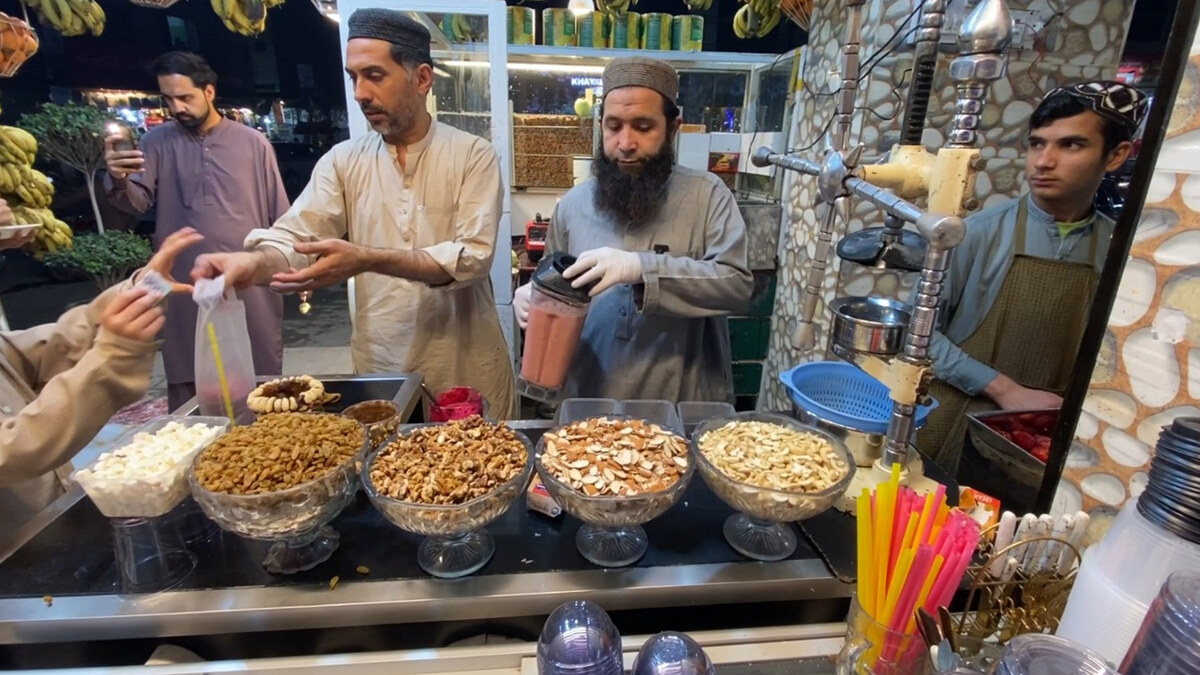ISLAMABAD: Prime Minister Shehbaz Sharif on Thursday called for humanitarian assistance to be restored “immediately” to Gaza and other war-torn areas, a day after a ceasefire accord was reached between Israel and Hamas, which controls the Gaza Strip.
The deal comes after months of mediation by Qatar, Egypt and the US and 15 months of war during which Israel has laid to waste much of Gaza and the pre-war population of 2.3 million people has been displaced multiple times. United Nations Secretary-General Antonio Guterres has described the humanitarian situation in the Palestinian enclave as “catastrophic.”
A six-week initial ceasefire phase includes the gradual withdrawal of Israeli forces from central Gaza and the return of displaced Palestinians to northern Gaza. The deal requires 600 truckloads of humanitarian aid to be allowed into Gaza every day of the ceasefire, 50 of them carrying fuel, with 300 of the trucks allocated to the north.
“It is imperative that provision of urgently needed humanitarian assistance is immediately restored to Gaza and other war-torn areas,” Sharif wrote on X, welcoming the ceasefire and thanking the US, Qatar, Saudi Arabia, Egypt and other nations who helped broker the deal.
“Pakistan stands in solidarity with the Palestinian people and pays homage to the sacrifices of tens of thousands of innocent people who lost their lives as victims of Israeli atrocities over the past several decades.”
If successful, the ceasefire will halt fighting that has razed much of heavily urbanized Gaza and killed over 46,000 people, according to Gaza authorities. That in turn could defuse tensions across the wider Middle East, where the war has stoked conflict in the Israeli-occupied West Bank, Lebanon, Syria, Yemen and Iraq, and raised fears of all-out war between arch regional foes Israel and Iran.
“It is hoped that the truce would lead to permanent ceasefire and help in scaling up humanitarian assistance,” Pakistani foreign office spokesman, Shafqat Ali Khan, said at a weekly press briefing, calling for the “immediate and full implementation” of the ceasefire accord.
Islamabad, which does not recognize nor have diplomatic ties with Israel, said “indiscriminate” use of force by Israeli forces had caused unprecedented loss of lives and property and the displacement of hundreds of thousands of Palestinians while its “expansionist designs” had destabilized the entire Middle East region.
“Pakistan reiterates its support for a just, comprehensive, and durable solution to the Palestinian issue, leading to the establishment of a sovereign State of Palestine based on pre-June 1967 borders, with Al-Quds Al-Sharif as its capital,” Khan added.
SALIENT FEATURES OF CEASEFIRE DEAL
Under the deal, Hamas will release 33 Israeli hostages, including all women (soldiers and civilians), children, and men over 50. Hamas will release female hostages and under 19s first, followed by men over 50.
Meanwhile, Israel will release 30 Palestinian detainees for every civilian hostage and 50 Palestinian detainees for every Israeli female soldier Hamas released. Israel will also release all Palestinian women and children under 19 detained since Oct. 7, 2023, by the end of the first phase. The total number of Palestinians released will depend on hostages released, and could be between 990 and 1,650 Palestinian detainees including men, women and children.
Hamas will release the hostages over a six-week period, with at least three hostages released each week and the remainder of the 33 before the end of the period. All living hostages will be released first, followed by remains of dead hostages.
The implementation of the agreement will be guaranteed by Qatar, Egypt and the United States.
Negotiations over a second phase of the agreement will begin by the 16th day of phase one and are expected to include the release of all remaining hostages, including Israeli male soldiers, a permanent ceasefire and the complete withdrawal of Israeli soldiers.
A third phase is expected to include the return of all remaining dead bodies and the start of Gaza’s reconstruction, supervised by Egypt, Qatar and the United Nations.
At a news conference in Doha on Wednesday, Qatari Prime Minister Sheikh Mohammed bin Abdulrahman Al Thani said the ceasefire would take effect on Sunday. Negotiators were working with Israel and Hamas on steps to implement the agreement, he said.
“This deal will halt the fighting in Gaza, surge much-needed humanitarian assistance to Palestinian civilians, and reunite the [Israeli] hostages with their families after more than 15 months in captivity,” US President Joe Biden said in Washington.
Israel’s acceptance of the deal will not be official until it is approved by the country’s security cabinet and government, with votes slated for Thursday, an Israeli official said.
While people celebrated the pact in Gaza and Israel, Israel’s military escalated attacks after the announcement, the civil emergency service and residents said.
Heavy Israeli bombardment, especially in Gaza City, killed 32 people late on Wednesday, medics said. The strikes continued early on Thursday and destroyed houses in Rafah in southern Gaza, Nuseirat in central Gaza and in northern Gaza, residents said.
Israel’s military made no immediate comment and there were no reports of Hamas attacks on Israel after the ceasefire announcement.
A Palestinian official close to the ceasefire negotiations said mediators were seeking to persuade both sides to suspend hostilities ahead of the ceasefire going into effect, Reuters reported.
With inputs from Reuters






















